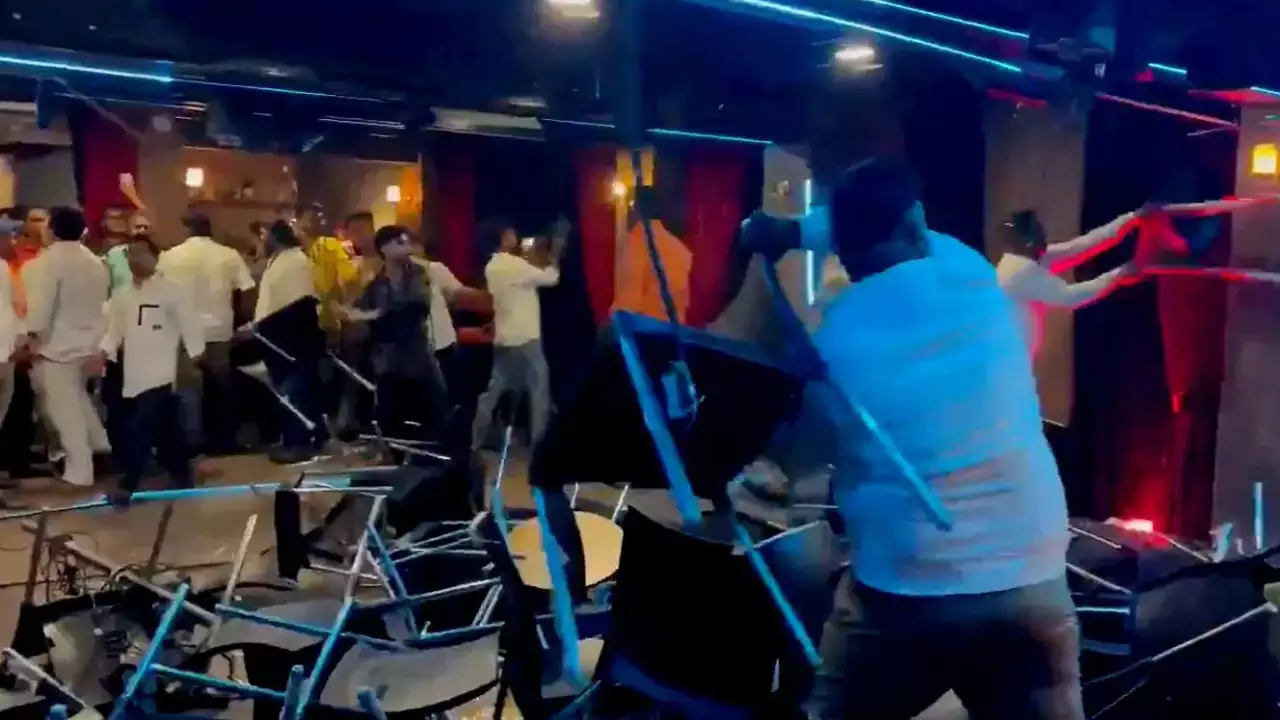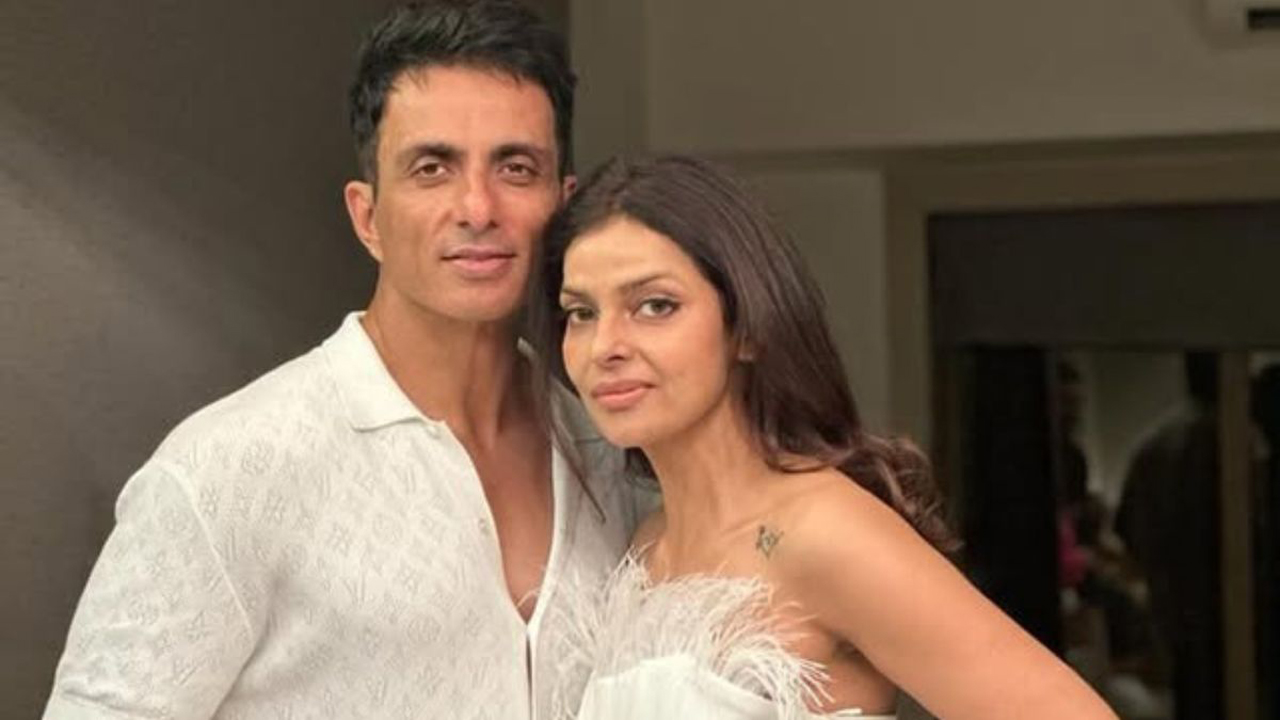Now Reading: Kunal Kamra’s Defiant Ballad: A Musical Response to Shiv Sena’s Studio Vandalism
-
01
Kunal Kamra’s Defiant Ballad: A Musical Response to Shiv Sena’s Studio Vandalism
Kunal Kamra’s Defiant Ballad: A Musical Response to Shiv Sena’s Studio Vandalism

Comedian Kunal Kamra, known for his sharp political satire, has once again ignited a firestorm, this time with a new song directly addressing the Shiv Sena and its recent act of vandalism at a Mumbai studio. The incident, which saw Shiv Sena (UBT) workers damaging the studio after it hosted a podcast featuring Chief Minister Eknath Shinde‘s spokesperson, has been met with Kamra’s characteristic blend of humor and defiance.
The song, released on his social media platforms, is a direct response to what Kamra perceives as an attack on free speech. It utilizes a catchy tune and acerbic lyrics to critique the Shiv Sena’s actions, painting them as an attempt to stifle dissenting voices. The lyrics, laced with irony and sarcasm, highlight the perceived hypocrisy of a party that once championed freedom of expression.
“They break studios, they threaten shows, they think they control the air we breathe,” Kamra sings in the song, which has quickly gone viral. “But they can’t silence the laughter, the words we speak, the truths we believe.”
The song is accompanied by a visually striking music video, featuring animated depictions of the studio vandalism and caricatures of Shiv Sena leaders. The video also incorporates footage of Kamra performing stand-up, emphasizing his commitment to using comedy as a tool for social commentary.
The incident that triggered this musical retort occurred when Shiv Sena (UBT) workers stormed a studio in Mumbai, vandalizing property and disrupting a podcast recording. The podcast featured Naresh Mhaske, the spokesperson for Chief Minister Eknath Shinde’s faction, and the Shiv Sena (UBT) alleged that the podcast was spreading misinformation and defaming their party.
The vandalism was widely condemned by media organizations and civil society groups, who saw it as a blatant attack on press freedom. The Mumbai Police registered a case against the Shiv Sena (UBT) workers involved, and the incident sparked a heated debate about the limits of political protest.
Kunal Kamra, a vocal critic of the current political climate, saw the incident as a personal affront. He has consistently used his platform to challenge those in power, and the Shiv Sena’s actions appear to have only strengthened his resolve. The song serves as a powerful statement of resistance, demonstrating his refusal to be intimidated.
“This song is not just about me,” Kamra stated in a social media post accompanying the release. “It’s about everyone who believes in the right to speak freely, without fear of reprisal. It’s about the artists, the journalists, the activists, and the ordinary citizens who refuse to be silenced.”
The song has resonated with a wide audience, particularly among those who are concerned about the erosion of democratic freedoms. Many have praised Kamra’s courage and his ability to use humor to address serious issues. The song’s catchy melody and pointed lyrics have made it a rallying cry for those who believe in the importance of free speech.
However, the song has also drawn criticism from Shiv Sena supporters, who have accused Kamra of spreading misinformation and disrespecting their party. Some have even called for a boycott of his work, and there have been reports of online threats against him.
Despite the backlash, Kamra remains defiant. He has reiterated his commitment to speaking truth to power, and he has vowed to continue using his platform to challenge injustice. He has also expressed gratitude for the support he has received from his fans and fellow artists.
The incident and Kamra’s response have reignited the debate about the role of satire in a democracy. While some argue that comedians should be free to express their opinions without fear of censorship, others believe that there should be limits to free speech, particularly when it comes to criticizing political leaders.
The controversy surrounding Kamra’s song highlights the growing tensions between political parties and artists in India. It also underscores the importance of protecting free speech and ensuring that artists are able to express themselves without fear of reprisal.
The song is a musical testament to the power of art as a form of resistance. It is a reminder that even in the face of intimidation, artists can use their voices to challenge the status quo and inspire change. The song’s viral success proves that Kamra’s message resonates with a large audience, and it is likely to fuel further debate about the state of free speech in India.










